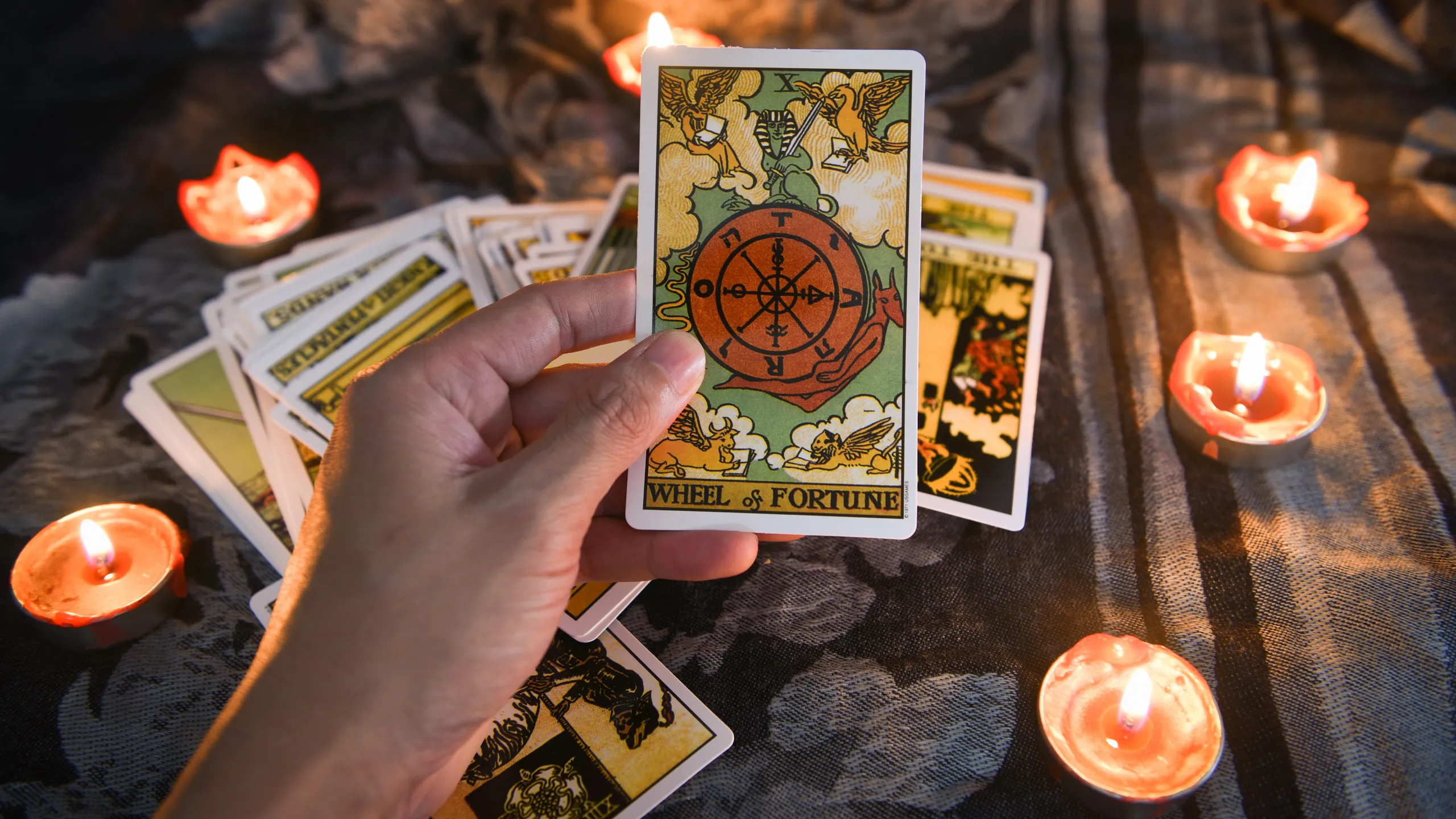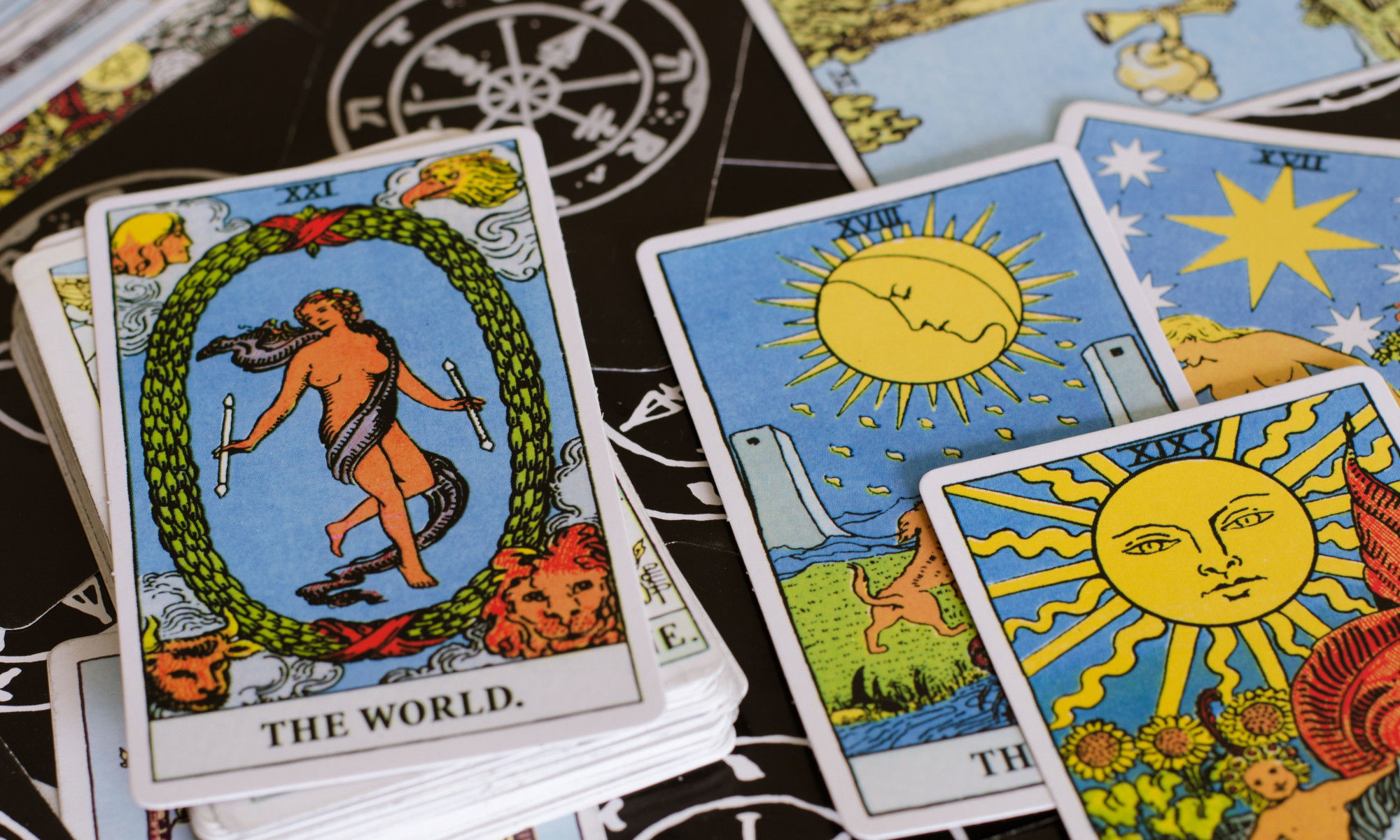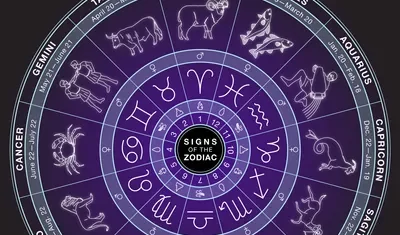Waves of wackiness are sweeping the U.S., as people troubled by reality seek comfort in pseudoscientific nonsense. That, at any rate, is how a science-minded skeptic might respond to a flurry of media coverage of people turning to astrology, tarot cards and psychic readings as alternatives or supplements to conventional psychotherapy.
“People are putting their trust — and their money — into these practices, which they view as pathways to enlightenment,” Sanam Yar reports in The New York Times. Those who favor these alternatives tend to be young, female and affluent, Yar notes.
Some psychotherapists incorporate these unconventional practices into their therapy, or at any rate do not discourage patients from pursuing them. “I’m not teaching it, but I’m not saying you can’t bring this into the room,” California psychologist Charlynn Ruan told Yar. “That would be disempowering and arrogant.”
Nicolle Osequeda, a Chicago-based therapist, said she “supports the use of any safe methods that her patients find helpful.” New York psychologist Jonathan Kaplan said that if “someone is pursuing psychological evidence-based therapy while meditating with crystals while Mercury is in retrograde, I’m fine with that.” The American Psychological Association favors “evidence based” therapies, Yar notes, but has no official policy on alternative treatments.
In The New Yorker, journalist Christine Smallwood reports that interest in astrology is surging, especially among millennials. “The shift began with the advent of the personal computer, accelerated with the Internet, and has reached new speeds through social media,” Smallwood writes. The financial meltdown of 2008 and the election of Donald Trump may also have contributed to the trend.
“In times of crisis, it is often said, people search for something to believe in,” Smallwood says. She adds that “unlike therapy, where a client might spend months or even years uncovering the roots of a symptom, astrology promises to get to answers more quickly.” A 2017 poll found that 30 percent of Americans believe in astrology, but the number of people with at least a casual interest might be much higher.
“In its penetration into our shared lexicon,” Smallwood comments, “astrology is a little like psychoanalysis once was. At mid-century, you might have heard talk of id, ego, or superego at a party; now it’s common to hear someone explain herself by way of sun, moon, and rising signs.”
In Cosmopolitan, writer Gina Tomaine explains why, when she was feeling “out of sorts,” she consulted a social worker who did tarot readings. Tarot cards “have always had deep roots in psychological applications,” Tomaine says. “Psychoanalyst Carl Jung explained that the cards were an easy way to represent the ‘archetypes of mankind’—or universal traits like strength, ambition, and passion—in psychology, making them ideal tools for therapy and mental health.”
Skeptics are surely appalled by the accepting attitude of patients and psychotherapists toward pseudoscience. But they should remember that many prominent mind-scientists have been quite tolerant of occult practices. One is the aforementioned Carl Jung. Another is Jerome Frank, a professor of psychiatry at Johns Hopkins and pioneer in research on the effects of psychotherapy.
Frank’s research convinced him that the specific theoretical framework of a given therapy has little to do with its effectiveness. The most important factor is the therapist’s ability to induce the placebo effect, by convincing patients that they will improve. Many patients respond to therapists and therapies with scientific status, Frank noted, but others might prefer a faith healer, witchdoctor or shaman to a Harvard-trained psychiatrist. Frank spelled out this perspective in his influential 1961 book Persuasion and Healing: A Comparative Study of Psychotherapy.
Over the past half century, researchers have churned out countless findings about the brain, mind and mental illness. And psychologists and psychiatrists have introduced many supposedly new and improved treatments for mental distress, notably cognitive-behavioral therapy and antidepressants such as SSRIs. But research suggests that these ostensibly scientific treatments still gain most of their effectiveness from the placebo effect.





Leave a Reply